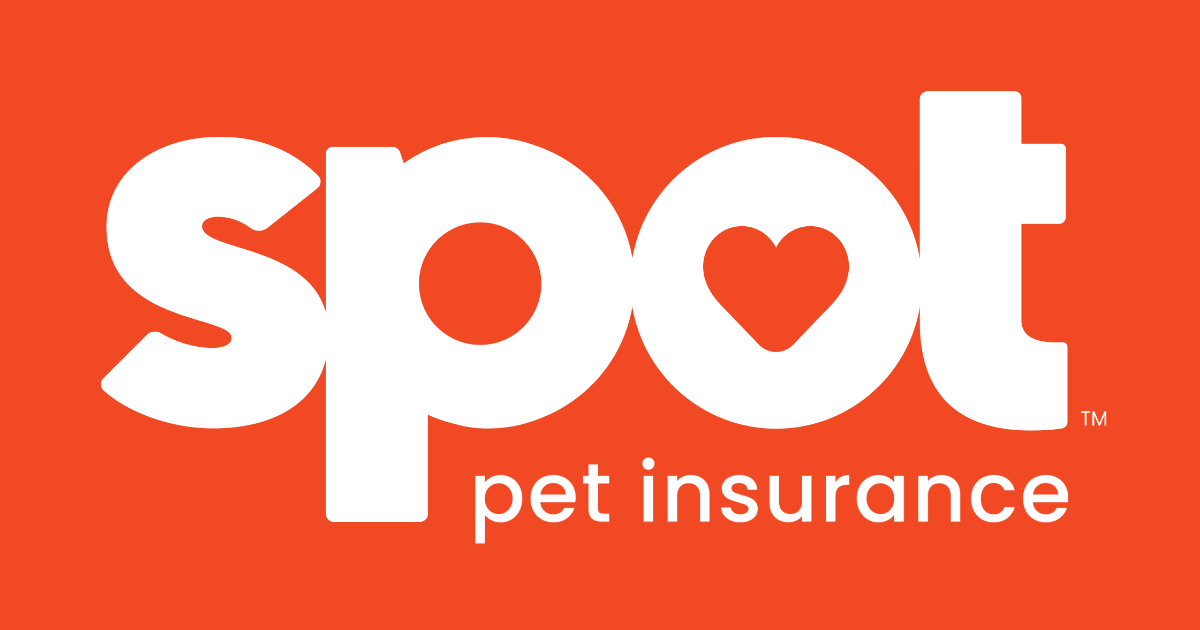
There are many definitions of healthcare that can be confusing. To help you understand the process, we have compiled the following information.
A unique provider organization (EPO), a type of health plan, is one that combines both the features of a HMO with a PPO. This plan stores electronic records of your medical information. This means that you only need to visit providers within your network. If you have to seek care outside the network, you'll be charged more. A higher cost share may apply to you.
A health maintenance program (HMP), a type or insurance plan that covers all medical costs including deductibles and copayments, is called a health maintenance program. Your benefits will not be dependent on the network you have, unlike a PPPO. If you go to a provider outside the network, your insurance will not cover the actual cost of services.
The Patient as a Partner Approach allows patients to become involved in healthcare. It recognizes the importance of the patient's experience knowledge as well as the scientific knowledge of the HCP. It also encourages patients and others to become involved in their care. The patient can, for example, get a second opinion from a doctor or consult with one over the phone.

Electronic Medical Records (EMR) are computerized systems that store all of your clinical data. They are often used to track and monitor your care.
Behavioral healthcare is a term that refers to a range of treatment options for substance and mental abuse. These include counseling and medication management. You can find ambulatory or hospital-based behavioral healthcare.
Electronic prescribing allows pharmacists to electronically share patient records. Electronic prescribing allows prescription information to be transferred electronically from a doctor's practice to a pharmacy via computerized systems.
Insurers may review your claims prior to paying them. If the claim meets all requirements, the insurer may reimburse you. Some insurance plans require preauthorization or precertification before you can receive certain procedures.
HIPAA is the Health Information Privacy Act. It establishes standardized security standards to allow the exchange of sensitive information. It is enforced through the Department of Health and Human Services and Centers for Medicare and Medicaid Services.

The Affordable Care Act (ACA) requires most health plans to provide four basic levels of coverage. These levels vary based on your household's income, number of dependents, and the level of assistance that the government provides.
Your annual deductible covers your healthcare costs for the entire year. For instance, if you have an accident or suffer from a major illness, your deductible limits the amount of healthcare that you can spend before your insurance kicks in. The deductible does not cover non-covered services like visits to doctors or hospitals that are not part of your insurance network. Your deductible does not apply to hospitalizations. It only covers the cost of care you receive while you are there.
Finally, your HSA (health savings account) allows you to use your money to pay for healthcare costs that your insurance does not cover. HSAs allow you to use tax-advantaged savings funds to pay for healthcare services not covered under your health plan.